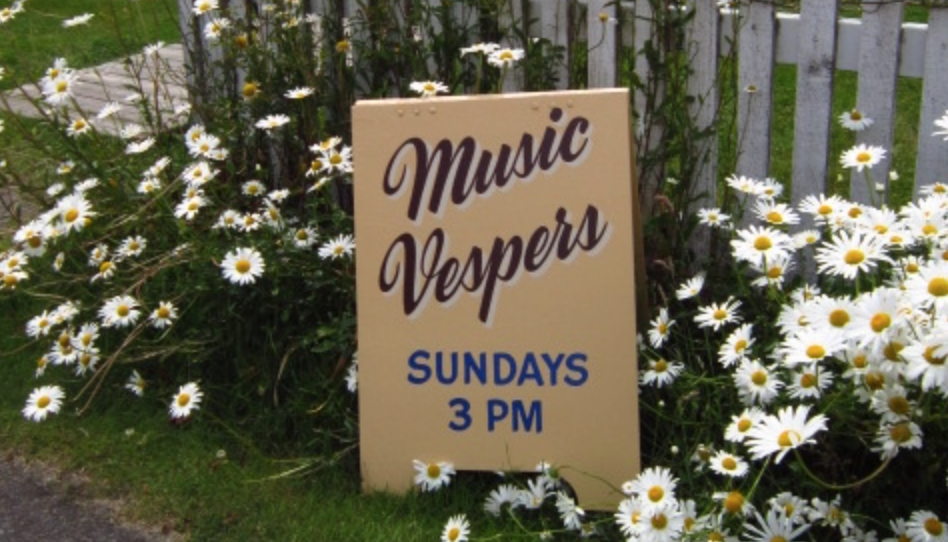Salty language: Nautical terms stay afloat in modern slang
Published 1:56 pm Thursday, August 11, 2022

- Sailors would swap stories around the water barrel or scuttlebutt. This gave rise to scuttlebutt, slang for information or gossip.
Some living in coastal communities are familiar with the acronym CANOE, or the “committee to assign a nautical origin to everything.”
There are hundreds of stories floating around about why each seemingly mundane aspect of our lives relates directly to maritime history. Some stories have more truth than others. One aspect that does hold true is the continued use of maritime slang.
Using the phrase “batten down the hatches” is usually an indication to prepare for trouble. Its origins stem from sailors preparing for rough seas by making their ships as watertight as possible.
Typically, a ship’s hatches leading to the lower decks were left open or covered with a grate that would allow air to ventilate those spaces.
In bad weather, those open holes would need to be covered with tarps and secured with wooden battens, an action referred to as battening down.
The expression “cut and run” was inspired by a ship’s capstan. Capstans are used to drop and weigh anchor onboard.
Depending on the length and weight of the cable attached to the anchor, raising it from the bottom of the seafloor could take up to six hours. If a ship needed to make a quick getaway, the captain might decide to sacrifice the anchor by cutting and running.
The office scuttlebutt today refers to rumors or gossip, and the origin of this phrase isn’t far off from how it’s used today. On sailing ships, water on board was often stored in scuttled butts — barrels with a hole drilled into them to pour the water from.
The scuttlebutt was quite literally the watercooler that all the sailors would gather around to swap stories with one another during their breaks. As time went on, the word began to refer to the gossip itself rather than the place where the rumors were passed among people.
Someone who has had too good of a time at their local pub crawl might be referred to as “three sheets to the wind.” On a ship, a sheet is not a sail, but rather the rope or chain attached to the bottom corner of the sail.
The sheets trim the sail to the wind, holding them in place and keeping the ship from lurching through the water. If a sheet becomes loose, the sail will flap in the wind freely and cause the ship to flail off-course.
On a three-masted sailing ship, even just “one sheet to the wind” could be disastrous to the ship’s stability – so “three sheets to the wind” was pretty far along on that sliding scale.
Today, the term “slush fund” is associated with scandal. Politicians or other public officials have been known to be caught dealing with this secret money, usually involving some form of bribery.
In the maritime world, a slush fund originally referred to the ship’s rations. “Slush” was fat or grease skimmed off the top of meat while it was being cooked.
Over the course of a monthslong voyage, the ship would accumulate a lot of slush that it would store onboard until it reached shore. On land, the fat would then be sold to candlemakers.
The resulting profits from the slush would be distributed to the ship’s crew, and they would use it to purchase things the captain wouldn’t provide for them. Books, special carving tools, instruments or other items weren’t considered essential to the voyage. Instead, the “slush fund” would pay for them.
Many other nautical terms have become common words and phrases we still use today. Some more examples: “run a tight ship,” “as the crow flies,” “long shot,” “learning the ropes,” “keel over,” “showing your true colors” and “loose cannon.”





